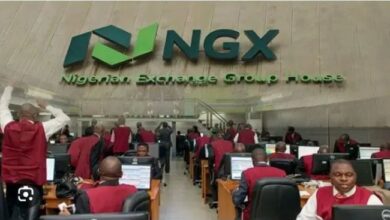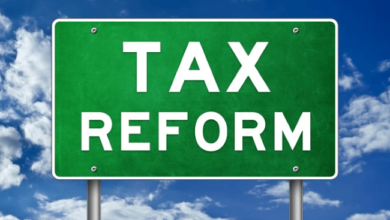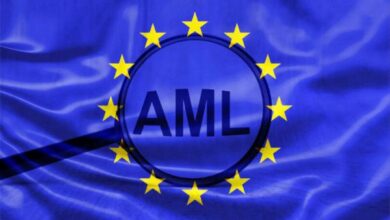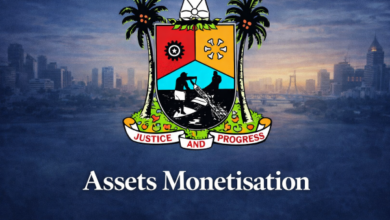ATCON Backs $2bn “Project Bridge” to Build Nigeria’s National Fiber Backbone

Nigeria’s telecommunications industry is rallying behind the Federal Government’s ambitious $2 billion “Project Bridge”, an initiative of the Federal Ministry of Communications, Innovation and Digital Economy (FMCIDE) designed to build a resilient nationwide fiber optic network.
The Association of Telecommunication Companies of Nigeria (ATCON), through its President, Tony Emoekpere, commended the Ministry for championing what it described as a “game-changing project” that could transform Nigeria’s digital infrastructure, accelerate broadband penetration, and secure the country’s digital economy future.
What is Project Bridge?
Contrary to its name, Project Bridge is not about physical bridges—it is about bridging Nigeria’s digital divide. The project will deploy 90,000 kilometers of fiber optic cable, creating a robust backbone that connects:
- All 36 states
- 774 local government areas
- The Federal Capital Territory (FCT)
The project is structured as a Public-Private Partnership (PPP), modeled after Nigeria’s energy sector framework. Government will seed a portion of funding into a Special Purpose Vehicle (SPV), while private investors will provide the balance of the $2 billion cost.
Why It Matters
Nigeria’s existing telecoms backbone is linear and vulnerable, with limited redundancy. A single point of failure—such as a fiber cut or vandalism—can take down services across an entire region.
As Emoekpere explained:
“Just imagine if there’s only one road from Lagos to Ibadan. If anything happens to that road, you would not get to Ibadan. Project Bridge ensures there are alternative routes.”
By creating redundant connections, Project Bridge guarantees network continuity, resilience, and higher quality of service.
Strategic Benefits
The $2bn Project Bridge is not merely a telecom project; it is an enabler of Nigeria’s broader National Broadband Plan (NBP) and digital transformation agenda. Its benefits cut across sectors:
- Education: High-speed broadband for schools, universities, and research institutions.
- Healthcare: Telemedicine expansion and digital health records.
- Financial Inclusion: Deeper fintech penetration in rural and underserved communities.
- Government Services: More reliable e-governance and digital ID systems.
- Private Sector Productivity: Better connectivity for SMEs, tech startups, and multinationals.
By enhancing access and affordability, Project Bridge could unlock billions in GDP growth and job creation.
Industry Support: Telcos on Board
ATCON’s endorsement signals industry-wide alignment. Telecom operators see the project as critical to resolving long-standing infrastructure bottlenecks that have constrained service expansion.
“With this project, we will have multiple options to deliver services effectively, even in hard-to-reach areas,” Emoekpere said.
This collaboration between government and operators reflects a new PPP model where risk, capital, and execution are shared for long-term sustainability.
Challenges Ahead
While the vision is bold, several hurdles remain:
- Financing Mobilisation: Raising $2bn in an economy facing FX and debt pressures.
- Right-of-Way Issues: Historical delays from states charging multiple fees for fiber deployment.
- Vandalism & Security: Protecting fiber cables across 90,000 km of terrain.
- Policy Continuity: Ensuring political will across administrations.
If these challenges are not addressed, Project Bridge risks delays or cost overruns.
BRANDECONOMY Takeaway
Project Bridge represents the most ambitious investment in Nigeria’s digital backbone to date. At $2bn and 90,000km of fiber, it is a bet on the future of connectivity, resilience, and the digital economy.
If executed successfully, it could be as transformative for Nigeria’s 21st-century economy as highways and power plants were for the 20th. For ATCON and the telecom industry, it is not just about fiber—it is about building Nigeria’s digital highways, securing uptime, and enabling inclusive growth.












